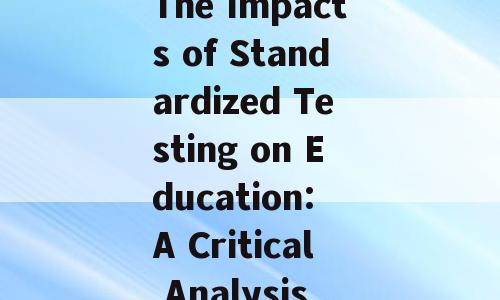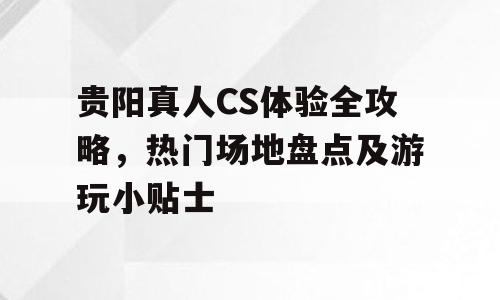In the realm of modern education systems, standardized testing has become an indelible feature, shaping the curriculum and outcomes of countless students worldwide. Often referred to as "examination-oriented education" in English-speaking countries, this method of teaching and evaluating has sparked a global debate on its merits and drawbacks. This article aims to dissect the concept of standardized testing, its impact on education, and the broader implications it carries.
The Definition and Philosophy of Standardized Testing
At its core, standardized testing is a method of assessing students' abilities and knowledge through uniform tests, which are designed and scored in a standardized manner. The philosophy behind this approach is rooted in the idea of equity—where every student is judged on a level playing field. Proponents argue that standardized testing ensures fair and objective evaluations of students, regardless of their socio-economic background or the quality of their educational institutions.
The Advantages of Standardized Testing
Standardized testing has its share of advantages. For instance, it allows for quick comparisons across different educational institutions, enabling policymakers and educational authorities to identify areas of strengths and weaknesses. This has historically led to targeted interventions and resource allocation aimed at improving educational quality. Furthermore, the use of standardized tests can help students stay focused on core competencies, as teachers often tailor their instruction to align with these asses *** ents.
The Disadvantages and Critici *** s of Standardized Testing
Despite these perceived benefits, there is a chorus of voices criticizing the impact of standardized testing on education. Critics argue that the focus on rote memorization and high-stakes tests often stifles creativity and critical thinking, which are crucial for a well-rounded education. The pressure to perform on these exams can also lead to increased stress and anxiety among students, as highlighted by various psychological studies.
One of the most significant critici *** s is the potential for "teaching to the test," where educators and students concentrate solely on the subjects and content covered in the exams, to the exclusion of other valuable learning experiences. This narrow focus can limit the breadth of a student's education and potentially hinder their long-term development.
The Data and Industry Reports
Data from the Organization for Economic Cooperation and Development (OECD) suggests that while standardized testing can provide useful benchmarks, it does not necessarily correlate with higher levels of overall education quality or economic growth. The Programme for International Student Asses *** ent (PISA) results, for example, have shown mixed results in terms of correlation between testing scores and educational outcomes.
Third-Party Opinions
Educational experts, such as Sir Ken Robinson, have been vocal in their opposition to standardized testing, advocating for a more holistic approach to education that values diverse forms of intelligence and learning styles. They argue that the current system, heavily reliant on standardized tests, does not serve the needs of all students and, in fact, can perpetuate educational inequalities.
Conclusion
The debate over standardized testing and its implications for education is far from over. While it serves a purpose in assessing certain aspects of learning, its role within the broader context of education is contentious. The key challenge lies in striking a balance that ensures equitable asses *** ent while fostering an environment conducive to creative, critical, and well-rounded education. Only through thoughtful policy-making and educational reforms can we hope to harness the benefits of standardized testing while mitigating its negative impacts.















还没有评论,来说两句吧...